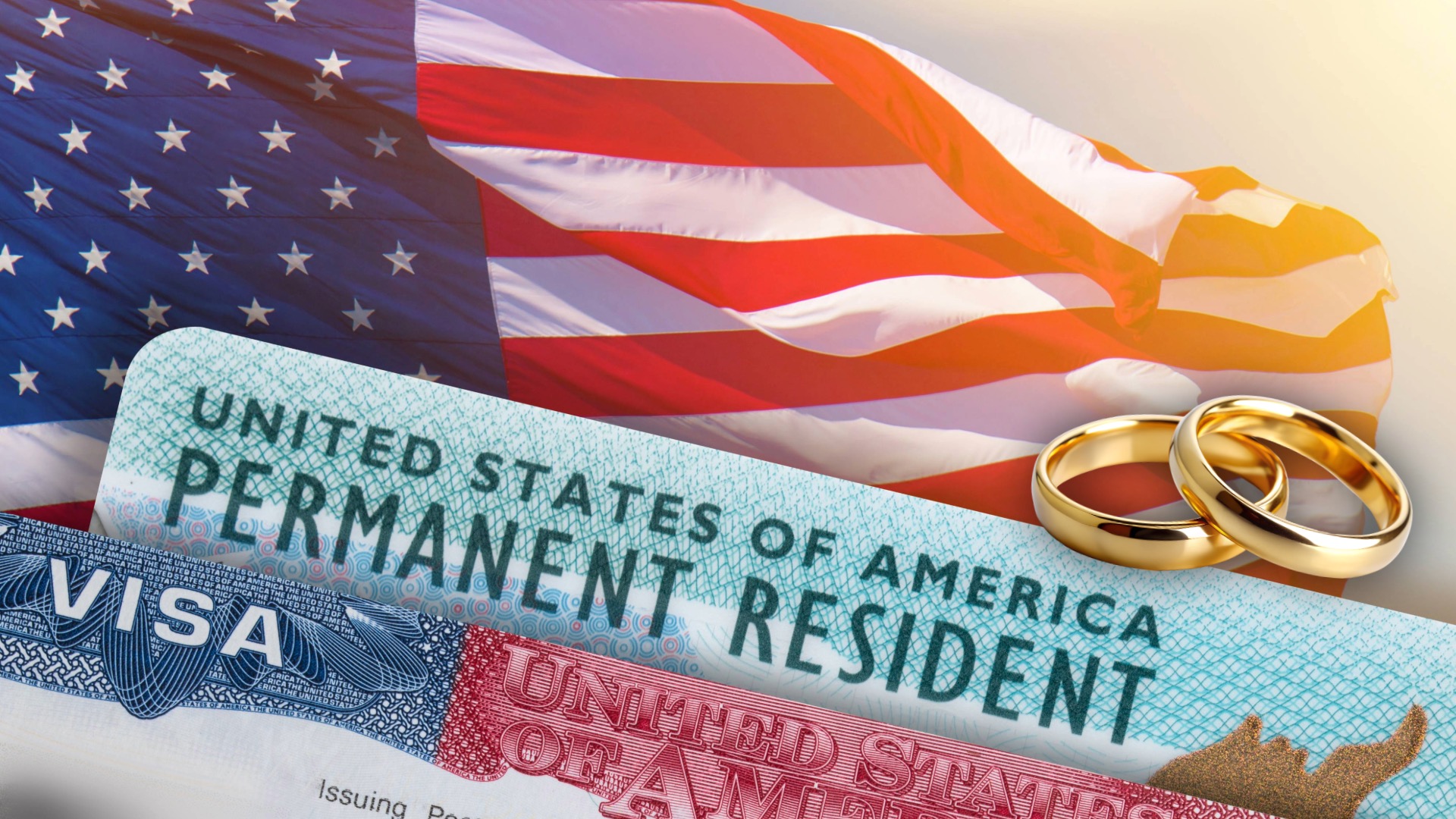
Supreme Court Immigration Ruling Expands ICE Authority
The Supreme Court immigration ruling expands ICE authority in Los Angeles. In a 6–3 decision, the U.S. Supreme Court lifted limits on how Immigration and Customs Enforcement (ICE) can conduct raids in the city. The order allows ICE officers to stop and question people based on suspicion of immigration violations, even when that suspicion comes from appearance, language, or neighborhood. For families navigating these changes, working with an experienced immigration lawyer is more important than ever.
This was not a final ruling. Instead, the Court issued what is called a “stay.” A stay is a temporary order that pauses a lower court’s decision while the case continues. Here, it means that restrictions placed on ICE by a Los Angeles judge are suspended for now. ICE can once again use broader criteria in their raids, while the lawsuit continues.
Supporters of the ruling say ICE needs this authority to enforce immigration law. Critics warn it “effectively legalizes racial profiling” and could shape how immigration enforcement happens across the United States.
Legal Background of Supreme Court Immigration Ruling
The case, Noem v. Vasquez Perdomo, grew out of immigration raids in Los Angeles and quickly escalated to the nation’s highest court.
-
June 2025 – ICE Raids Begin: ICE launched large-scale “roving patrols” in Los Angeles. Officers stopped people in public spaces and at work, often based on appearance, language, or neighborhood. Reports surfaced of people being seized for speaking Spanish or working in day labor jobs.
-
July – Judge Blocks ICE Tactics: U.S. District Judge Maame Frimpong issued a temporary restraining order (TRO). A TRO is a short-term order that prevents harm until a case can be reviewed. It barred ICE from using race, language, neighborhood, or type of work as reasons to stop people.
-
August – Appeals Court Agrees: The Ninth Circuit Court of Appeals upheld the TRO, keeping those limits in place.
-
September – Supreme Court Lifts the TRO: In a 6–3 ruling, the Supreme Court granted the Trump administration’s emergency request and lifted the TRO. ICE raids never stopped, but this ruling restored ICE’s authority to use factors like appearance, language, or workplace when deciding who to stop.
Justice Brett Kavanaugh wrote that race cannot be the only reason for suspicion but can be considered along with other details. Justice Sonia Sotomayor, in dissent, warned that the ruling “allows the government to seize anyone who looks Latino, speaks Spanish, and works a low-wage job”
What the Supreme Court Immigration Ruling Expands for ICE Authority
The Supreme Court did not settle the entire case. By issuing a stay, it only paused the lower court’s restrictions while the lawsuit continues.
For now, ICE officers in Los Angeles can:
-
Stop people in public spaces based only on suspicion of an immigration violation.
-
Use appearance, language, neighborhood, or type of work as part of their decision to stop someone.
-
Carry out ICE raids at workplaces, bus stops, and immigrant-heavy neighborhoods with broader authority.
This does not mean the Court has ruled these practices constitutional. That will be decided in future hearings.
Does the Supreme Court Immigration Ruling Expand ICE Authority Beyond Los Angeles?
Although this case directly affects Los Angeles, the ruling has national implications.
-
ICE offices in other states may feel emboldened to use similar tactics.
-
Courts across the U.S. may view the decision as a signal of how the Supreme Court leans on these disputes.
-
Families everywhere now face more uncertainty about what ICE can and cannot do.
For immigrant communities across the nation, this ruling could lead to more aggressive ICE stops and raids.
ICE Raids and the Risk of Racial Profiling
One of the biggest concerns raised by immigrant rights advocates is racial profiling. Immigration status is not something you can see. But under this ruling, ICE can use visible traits, such as how someone looks, the language they speak, or where they live or work when deciding who to stop.
For immigrant communities across the U.S., that could mean:
-
More aggressive ICE raids at workplaces and in neighborhoods.
-
Families being separated after mistaken or unfair encounters.
-
People staying silent when they are victims of crimes because they fear contact with law enforcement.
Is the Supreme Court’s Immigration Ruling Final?
No. This ruling is not the final word.
-
The Supreme Court only lifted the temporary restraining order (TRO). That means ICE has more power for now, but the case is still being argued.
-
A preliminary injunction hearing is scheduled for September 24, 2025. This will give the courts another chance to decide if restrictions on ICE should return.
-
Future appeals could still restore limits or block ICE’s tactics entirely.
For now, ICE raids in Los Angeles are continuing with expanded authority.
What Immigrant Families Can Do to Protect Their Rights During ICE Raids
Even with this ruling, immigrants and their families still have rights. Knowing them can make a major difference.
Know Your Rights If Stopped by ICE
-
You have the right to remain silent. You do not have to answer questions about your immigration status.
-
You have the right to speak to a lawyer before signing any papers.
-
You do not have to open your door unless ICE shows a warrant signed by a judge.
Get Legal Support
Having an immigration lawyer is more important than ever. At Rozas Immigration, we defend against deportation, help families apply for legal status, and help protect clients during ICE enforcement actions.
Stay Updated
Immigration law changes quickly. Following reliable updates, or subscribing to our Rozas Immigration Newsletter, helps families prepare before enforcement reaches their door.
Conclusion
The Supreme Court ruling expands ICE authority in Los Angeles, but its impact is already being felt nationwide. ICE officers now have broader power to stop and question people, raising serious concerns about racial profiling and wrongful detentions.
But the legal battle is not over. Courts will continue to review whether these practices are constitutional. Until then, ICE raids in Los Angeles are continuing with expanded authority, making it more important than ever for families to know their rights and seek legal support.
Rozas Immigration: Protecting Families Facing ICE Enforcement
At Rozas Immigration, we understand how stressful it is when the rules change suddenly. Our team has decades of experience defending immigrants in Louisiana and across the U.S.
If you are worried about how this Supreme Court immigration enforcement ruling could affect you or your loved ones, we are here to help. From consultations to full representation, we will stand with you every step of the way.
Stay Connected
Immigration law changes fast, and we share updates every week. Follow Rozas Immigration on Facebook, Instagram, and TikTok for the latest news, legal tips, and stories that matter to immigrant families.
Written by David Joseph Rozas
David Rozas is an experienced criminal and immigration lawyer and one of the founding partners of Rozas & Rozas Law Firm. He has been with the firm since 2004, joining his brother, Greg in practice. David concentrates his law practice on criminal defense and immigration.

.svg)















